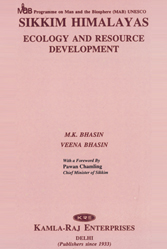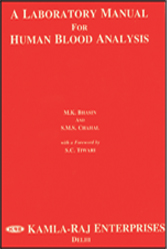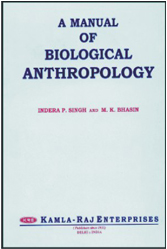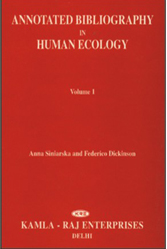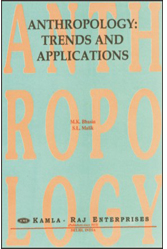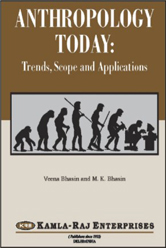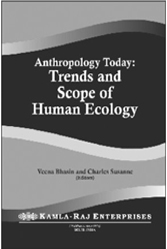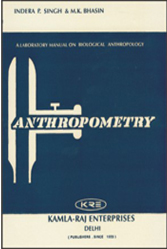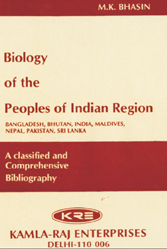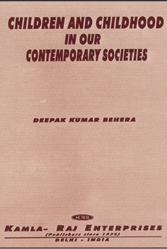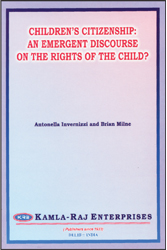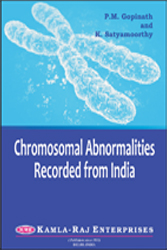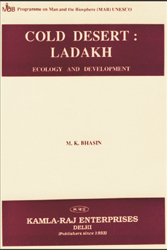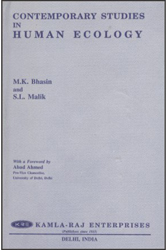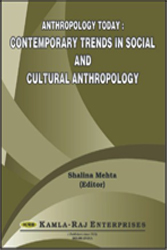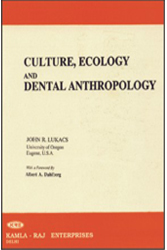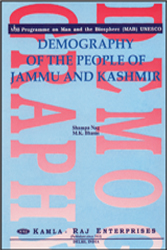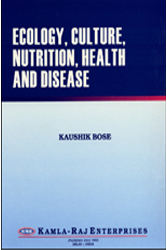SPECIAL VOLUME ANTHROPOLOGY
Indian Diaspora - the 21st Century - Migration, Change and Adaptation
ANAND SINGH (University of KwaZulu-Natal, Durban, South Africa)
2007 • Pages: 120 • Size: 180x240 • ISBN 81-85264-44-9
Binding: Hard
Price: US $ 30/- Rs. 750/-
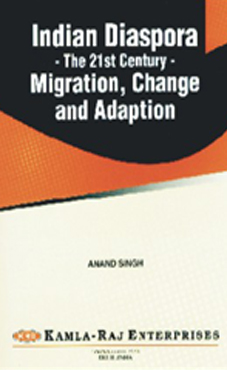
Ever since the advent of the term “globalization” in the early 1990s, the movement of people across international boundaries spawned new concepts that forced new trends and paradigms into social sciences and humanities research. Since globalization is now deemed as the major ideological force that is reshaping international relationships, community relations and the individual’s place in them, a plethora of “new” keywords have emerged. Concepts such as “trans-national families”, “knowledge workers”, “renegotiation of identities”, “hybridity of cultural identities”, “balkanization” of states, among a range of others, accompanied globalization not only as a concept but as complementary armoury to support its value as an ideological tool of twenty-first century capitalism.
As people integrate into new host societies and renegotiate their identities in foreign environments, cultural relativism and acculturation have reemerged as analytical tools to understand recent processes of increasing flows of people across international boundaries. While people’s trans-national movements are creating ever more complex relationships, they continue to regroup and converge towards others who share their same geographical, physical and religious characteristics, recreating the bounded cultures in which
